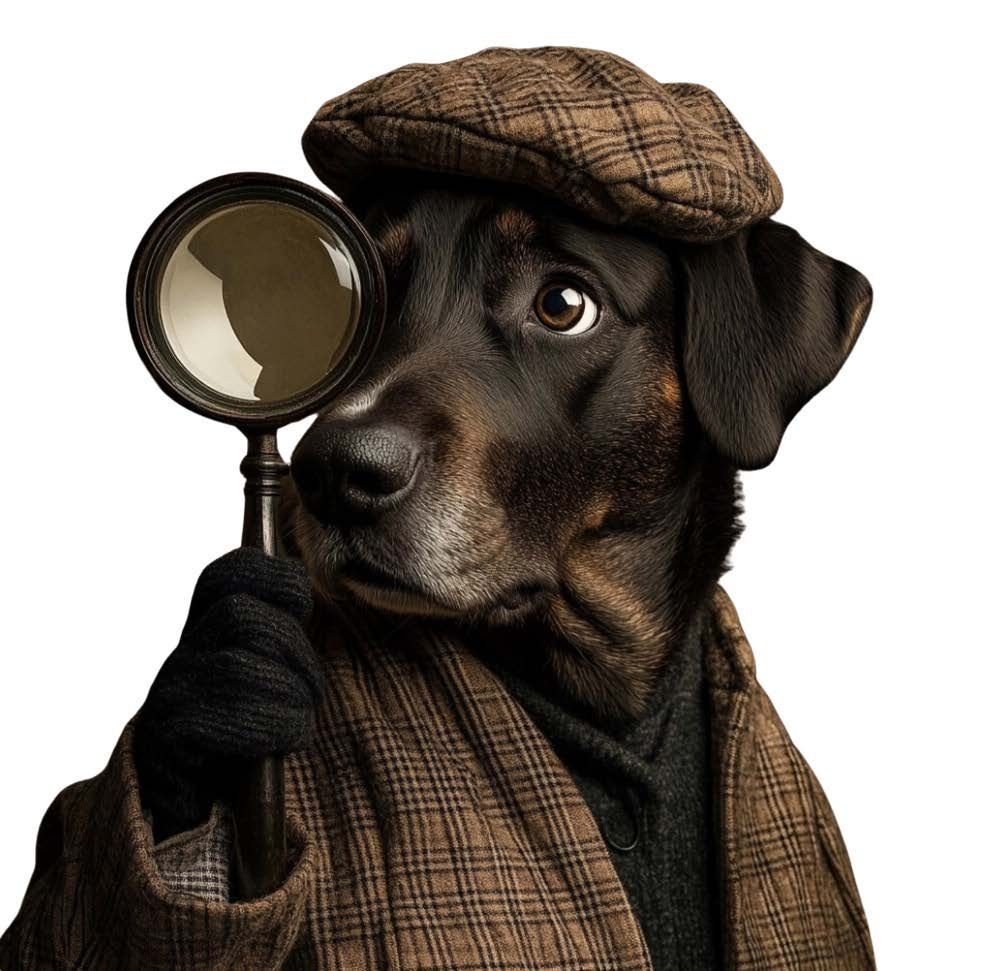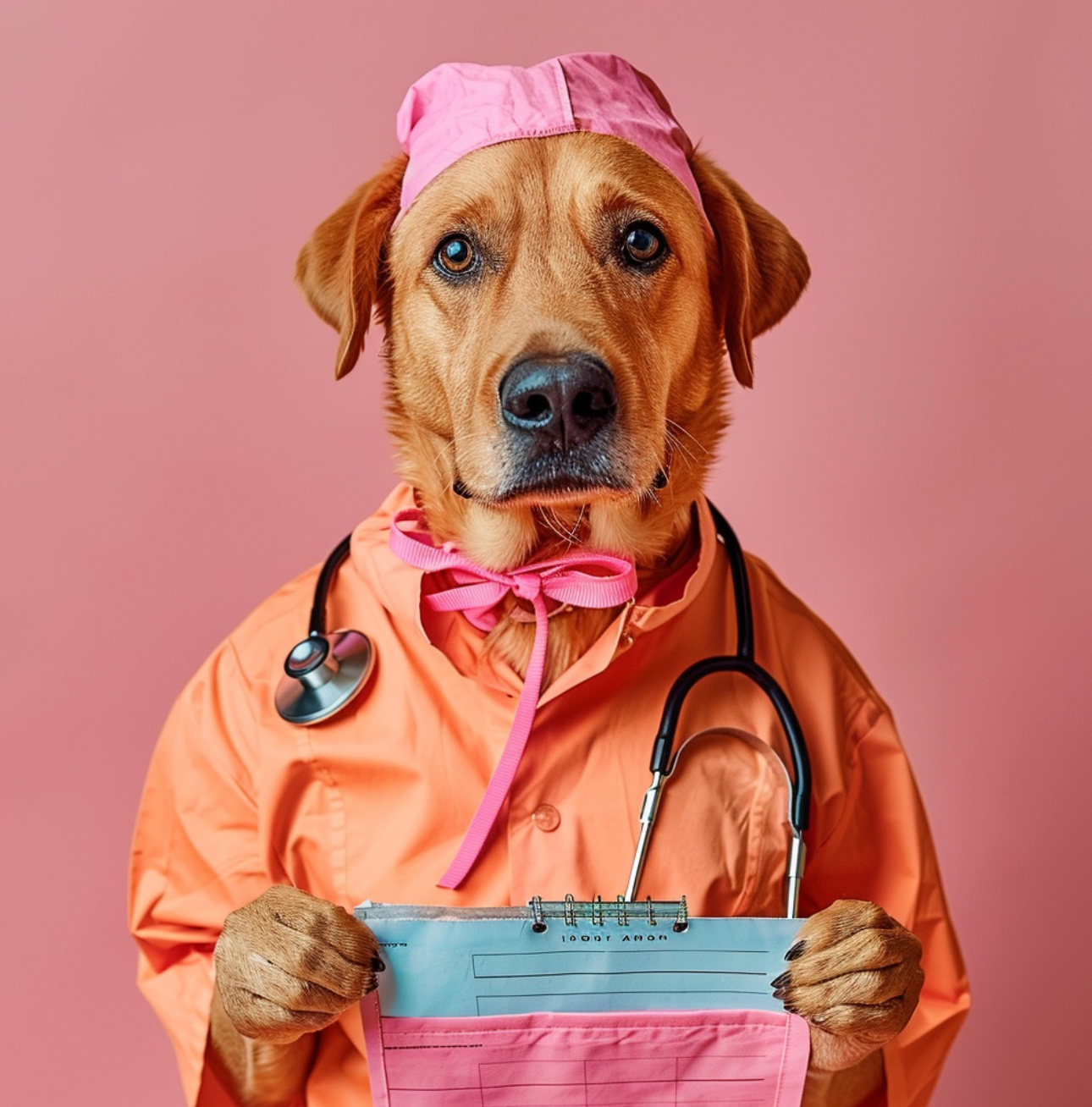Collecting a Stool Sample
If your dog is experiencing digestive issues, your veterinarian may request a stool sample for testing. Collecting a sample is straightforward, but proper timing and containment are crucial. Here’s how to ensure you provide the best sample possible.
Why is Freshness Important?
Always aim to collect the freshest sample. Avoid using stool that has been sitting in your yard for days, as it may not provide accurate results.How to Store the Sample?
Seal the stool in an airtight container or use a container provided by your vet. This helps preserve the sample until you can drop it off.What if the Stool is Watery?
If you cannot collect a solid sample due to watery stool, take clear photos to show your vet. This can help in diagnosing your dog's condition.Can I Refrigerate the Sample?
If you can't get to the vet right away, refrigerating the sample may be an option. However, always check with your vet first to ensure it aligns with their testing requirements.Need Further Assistance?
If you have any questions about collecting a stool sample or your dog's health, don't hesitate to reach out to our team at ArkVets.






